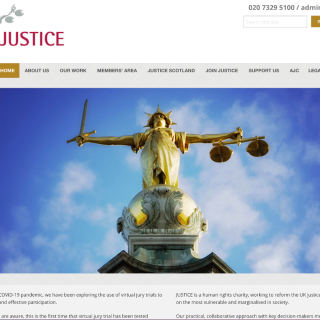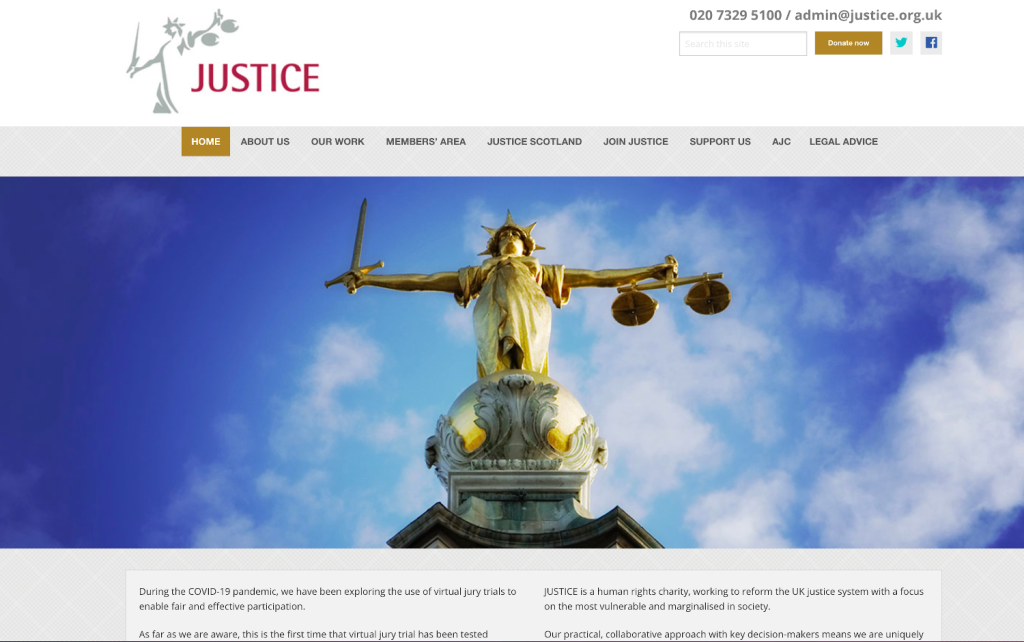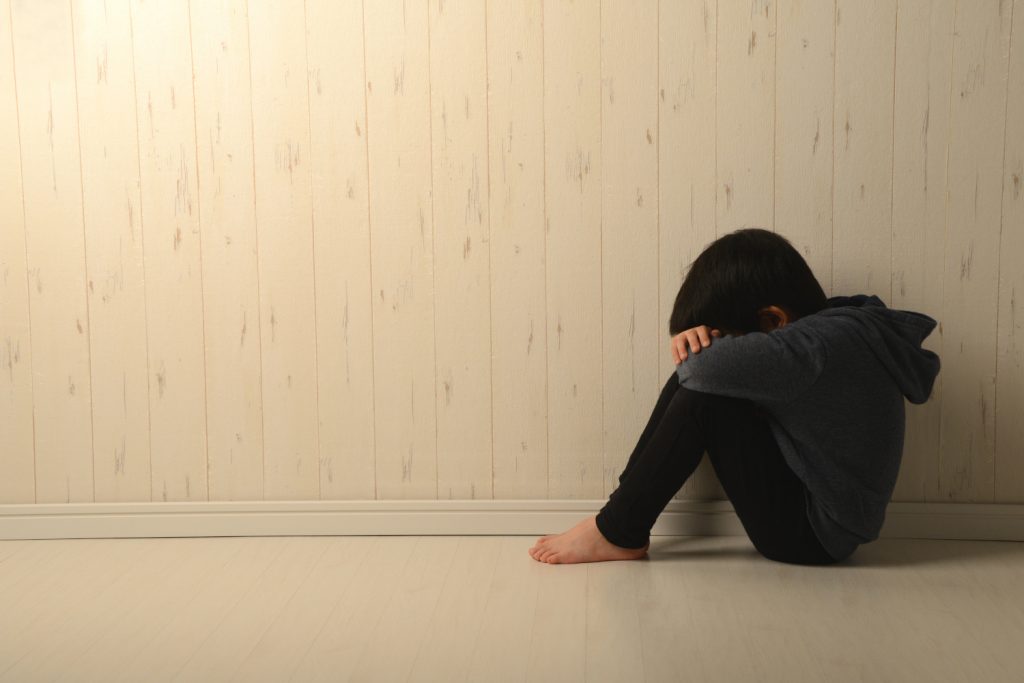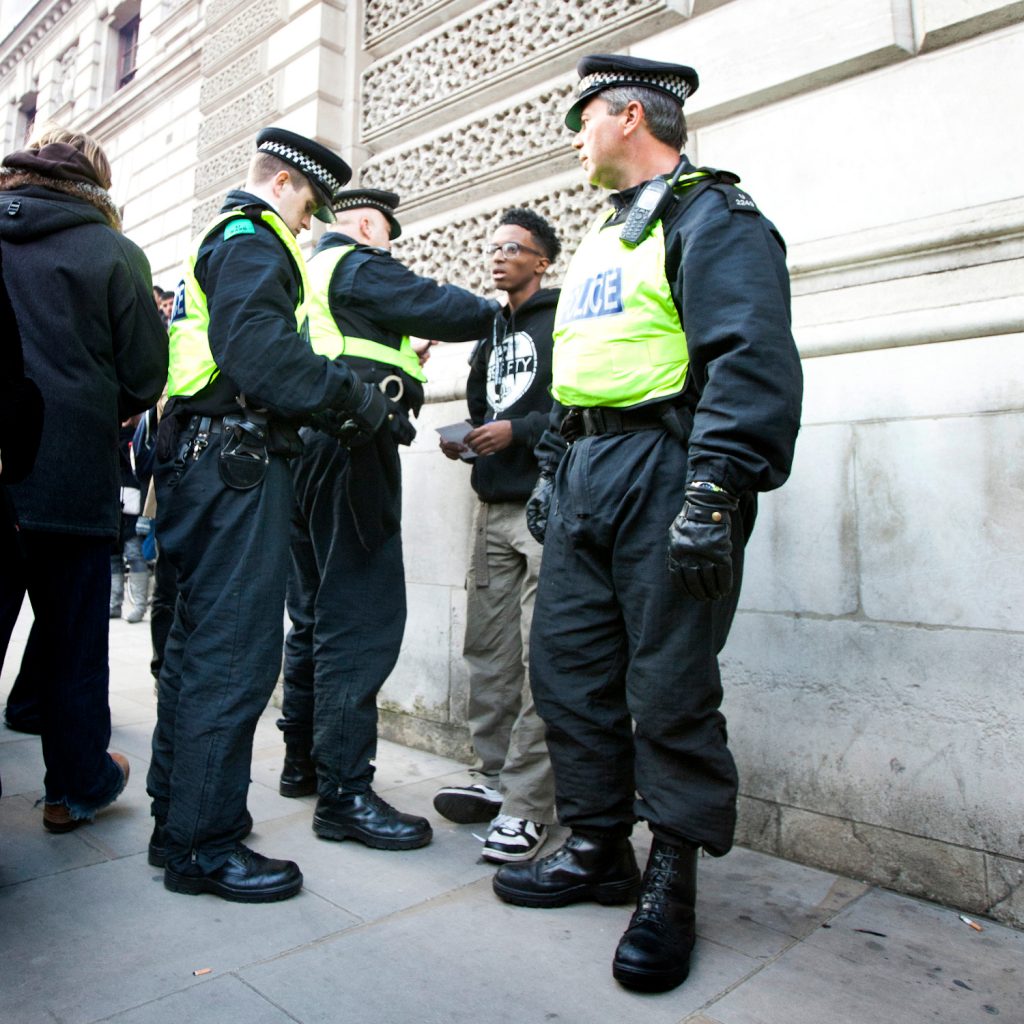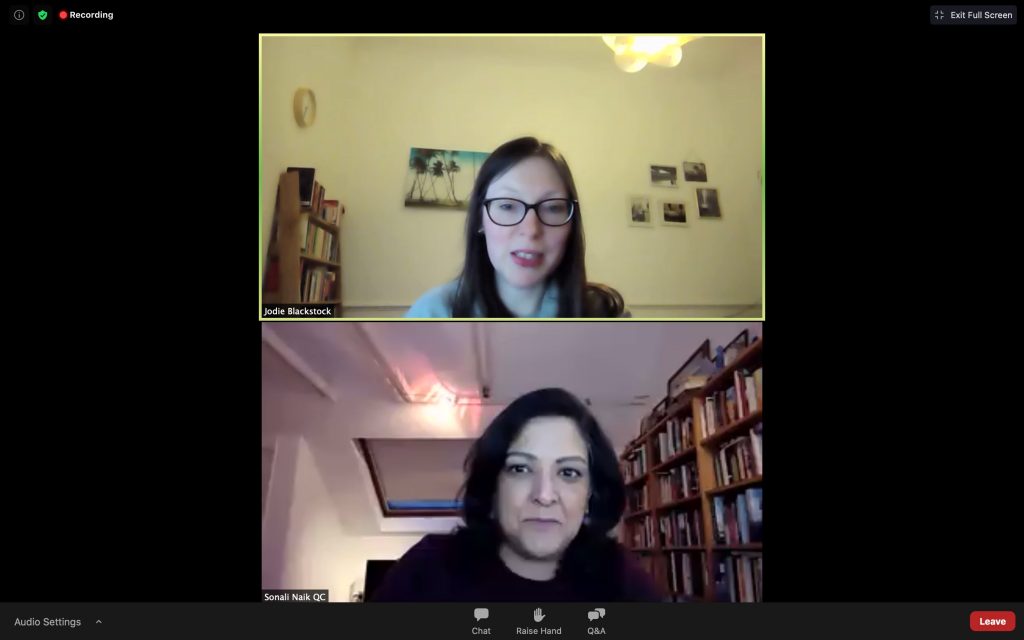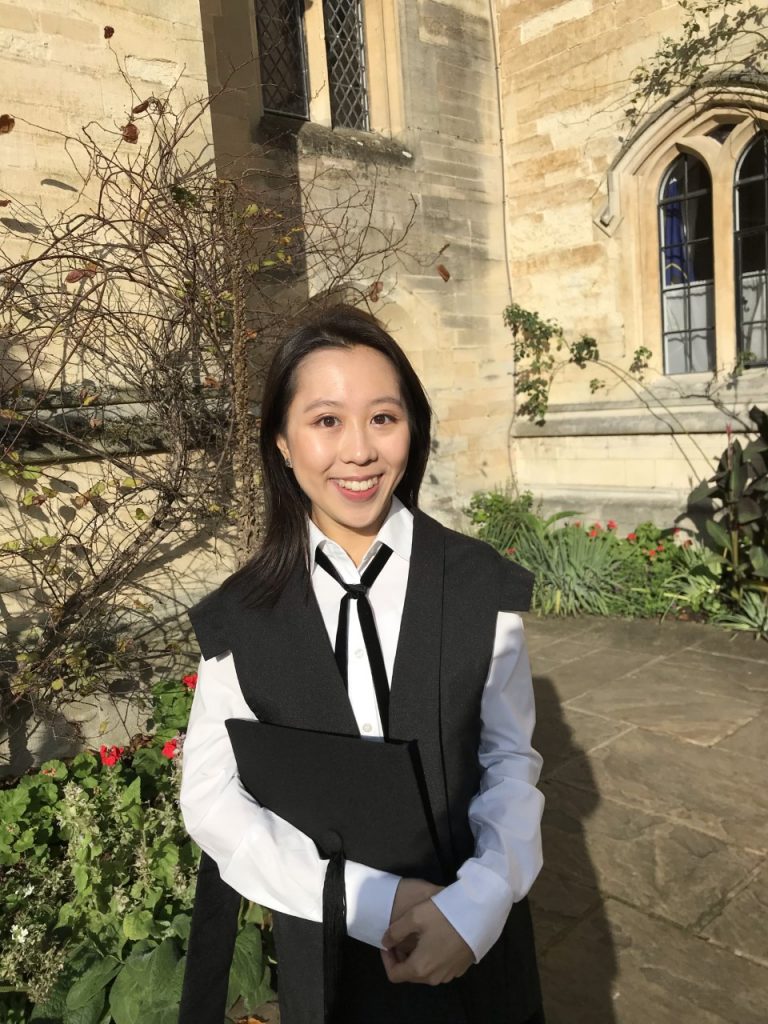In a world that continues to operate on a virtual plane, the plethora of opportunities for students to delve into their interests and further their legal engagement have continued to arise in a steady stream. Overcoming the practical hurdles of traditional in-person events, it has been ever easier to hop onto online events and discuss the issues that come at the forefronts of our minds, wherever you are in the world. In turn, this can invite a greater attendance, which makes for a more varied and fruitful discourse on challenging topics, the likes of which were tackled by delegates at the 2021 JUSTICE Student Conference.
Taking place on Zoom across two days in March, the 2021 instalment of the JUSTICE Student Conference saw attendees grapple with issues of access to justice and racial injustices. Lively discussions took place across various interactive workshops, and were flanked on both sides by keynote speeches from notable speakers. It was a well-rounded event with ample opportunity to reflect upon the work being done by a leading law reform and human rights organisation, and has set a groundwork for the young people who will contribute to the development and evolution of the justice system. Here are some reflections on the sessions I attended:
‘Briefing Parliament: what we do and why it matters’ – opening session by Shami Chakrabati and Jodie Blackstock
The opening speech was given by Baroness Shami Chakrabati, who discussed the parliamentary process for legislative change with Jodie Blackstock, JUSTICE’s Legal Director. The two women provided an overview on the work that is being done by JUSTICE, and how the organisation is able to achieve their goals within the framework of Parliamentary legislation-making and amending. It highlighted the partnerships and working relationships fostered between NGOs and politicians, and the importance that each branch plays within the wider system of justice. Drawing upon their own experiences, delegates gained eye-opening insight into the interdependence as Shami emphasised the influence that NGOs can gain within the Houses of Parliament by being an independent, all-party, rule of law-respecting organisation without political motivation. In JUSTICE’s work of scrutinising bills, Jodie noted that the NGO looks for potential conflicts with human rights obligations and considers the practicalities of implementing the proposed law, raising a cause for concern with governmental ministers if there are any such difficulties. Going into more detail, Jodie explained that JUSTICE maintains its credibility and high-quality of work by collaborating with experts, holding shared briefings with similar NGOs and specialist organisations, and by having a narrowed area of expertise. The importance of the work being done by NGOs like JUSTICE became increasingly clear throughout the conversation, and it gave me a newfound sense of appreciation for the protection to our fundamental rights.
‘Improving Access to Justice for Separating Families’ – workshop session by Ellen Lefley
Delegates attended two workshops over the course of the conference from a choice of three, and my first was on improving access to justice in family disputes. It centred around the challenges being posed by the current system to families who were conflicting and wished to separate. There has been much discussion around whether this area of law should be publicly or privately funded, and following the Legal Aid cuts in 2012 and 2013, it has become the case that family disputes should be settled privately, and out of court through mediation. Although intended to relieve the burden upon the courts, this change has actually led to a lower rate of mediation as litigants-in-person are no longer advised towards it or given information about the process through solicitors, and in their nervousness and confusion, become more likely to appear in court.
Another concern that has been raised is about how the courts currently deal with the risk of harm, such as in cases of domestic abuse. In 2020, the Ministry of Justice produced a report that found 4 key barriers in preventing courts from adequately responding to risks of harm: firstly, resources were constrained and limited; secondly, a pro-contact approach was favoured even when courts did not necessarily have the full context, and this could exacerbate pre-existing risk factors and dangers; thirdly, the family courts were working in a silo, without much cooperation with other social welfare services; and lastly, the adversarial nature of our justice process meant that litigants-in-person could become largely affected by the courtroom proceedings as opposed to the objective facts of the case.
The last concern raised about this area of law was in regards to the participation of the child in the current process. It has been noted that the welfare and ‘best interests’ of the child was paramount in every case, but JUSTICE noted that the children often play no role within the process, with the child being contacted by courts in only a third of cases. With these three issues being identified, delegates were then put into breakout rooms to discuss a scenario which brought these problems into the forefront, and we were challenged to think of solutions and methods of improving the current procedure. In doing so, the discussion reinforced the salience of the problems and allowed me to see how these problems manifested in a practical sense. Suggestions for how we could improve the current court procedure included the expansion of existing support through NGOs, placing a greater obligation on courts to direct and signpost about where to look for resources, and potentially asking social workers to take on a greater safeguarding responsibility. Although there were no clear answers as to what should be done, it was clear that the current system was hindering access to justice for families, and could intensify their conflicts.
‘Tackling Racial Injustice: Children and the Justice System’ – workshop session by Tyrone Steele
On the second day of the conference, I began with a workshop on how current policing measures disproportionately affected children from BAME communities. The session mainly focused on the current procedure of ‘Stop and Search’, which JUSTICE have pointed to be a principal contributor to the fractured relationship between the police and BAME communities. The damaging effects of Stop and Search have been twofold; firstly, Stop and Search has been used at a higher rate with BAME people, with black young men in London being 19 times more likely to be stopped than their white counterparts; and secondly, the justifications for using Stop and Search have been dubious and cannot be easily scrutinised.
One of the most frequently invoked justifications for undertaking Stop and Search is ‘reasonable justification or suspicion’ on behalf of the officer, but this threshold has been criticised for being biased and unclear as to the actual requirements. Although it has been remarked that the smell of cannabis does not suffice as a reasonable justification, it has not stopped some officers from continuing to use it, and this was picked up again during the breakout room discussion on various scenarios involving the use of Stop and Search. During these, delegates were invited to rank the use of Stop and Search in various circumstances, and talk through the reasons for the rating. In doing so, it prompted a deeper reflection about what would constitute a ‘good’ use of Stop and Search, and how the benefits could be balanced against the harm done to the BAME community and the mistrust fostered through disproportionate usage.
‘Closing Address’ – closing session by Sonali Naik QC and Jodie Blackstock
Rounding off the thought-provoking conference was a personal discussion between Sonali Naik QC and Jodie Blackstock about their careers, and the personal progressions they have undergone to get to where they are now. Sonali is a practising public law and immigration barrister at Garden Court Chambers, and her candid sharing of her experiences was much-welcomed by the eager attendees of the conference. Although the first half of the closing session was a bit more formal and structured as an uninterrupted dialogue between Sonali and Jodie, delegates were invited to submit their own questions in the second half for the two women to answer.
One question that came from the audience was about the proudest moment that the two women have had in their careers so far. After a brief moment of pondering, it was interesting to hear Sonali talk about her first time appearing in the Supreme Court, where she had been informed by her leading counsel during the journey that she would be taking the reply, leaving her no time to overthink and prepare but managing to pull it off in court. Jodie mentioned experiencing similar feelings towards the end of her practice when she began working in the Privy Council, and pointed to that as a highlight. To hear the speakers talk about some of their highest points was a motivational moment for delegates, and as the whole conference wrapped up, it will have doubtless left many students feeling more inspired for change and considering these issues far beyond the scope of the conference.
Many thanks to Athena Kam for this review of the JUSTICE Student Conference. You may recognise her as the interviewer in our Mental Health and Wellbeing interview series. Athena is a second year law student at the University of Oxford, with a view of becoming a barrister one day.
She is the President of the Oxford University Bar Society, having previously held the positions of Mooting Officer and Secretary. She hopes to help push for a more inclusive and mental-health legal profession.

